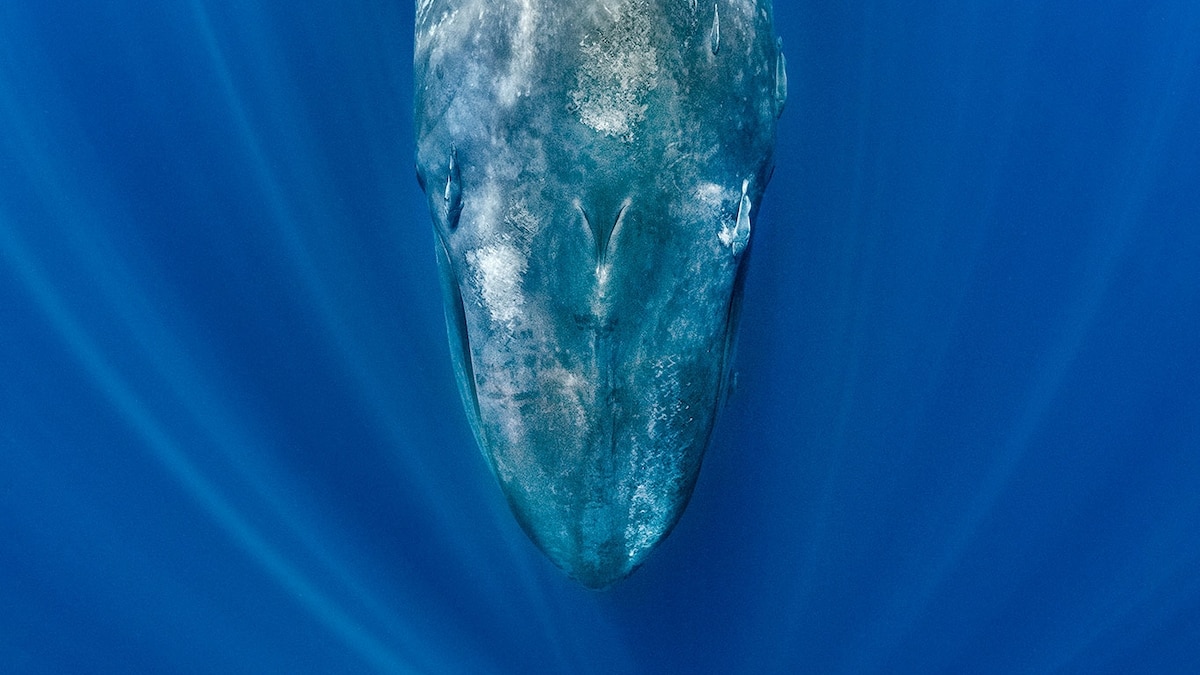Now Reading: Blue Whales Fall Silent, Scientists Warn of Alarming Trend
-
01
Blue Whales Fall Silent, Scientists Warn of Alarming Trend
Blue Whales Fall Silent, Scientists Warn of Alarming Trend

Rapid Summary
- Scientists explore underwater soundscapes using hydrophones to track marine life and environmental changes.
- Whales exhibit unique vocal patterns linked to feeding and mating, affected by climate change and marine heatwaves.
- During the 2013-2016 heatwave known as “The Blob,” krill populations collapsed, impacting whales’ food sources severely.
– Blue whale vocalizations dropped 40%, signaling starvation-induced stress and reduced reproduction rates.
– Research across California and New Zealand highlighted lasting effects on ecosystems even after temperatures cooled.
- Increased water temperatures disrupt ocean chemistry, cause toxic algae blooms, alter prey behavior, and weaken ecosystems globally.
- Marine heatwaves have tripled in duration since the 1940s; a recent study forecasts long-term ecosystem shifts potentially irreversible with increased human impact.
- Suggestions include leveraging underwater sound observations for conservation efforts.
Indian Opinion Analysis
Understanding whale song variations underpins broader ecological warnings about climate change’s wide-reaching impacts.As apex indicators of ocean health,blue whales act as sentinels for ecosystem imbalances-signaling disruptions that could affect global marine biodiversity if unchecked.
For India-a country marked by both coastal reliance (fisheries) and mounting industrial activity-such findings underscore the urgency of reinforcing enduring practices both domestically and internationally. India’s coastline is vulnerable not just to rising sea levels but also changing ocean ecosystems that directly influence livelihoods dependent on marine resources.
Furthermore, adopting advanced acoustic monitoring technologies locally could enable long-term data-gathering critical for adaptive management of fisheries facing potential krill shortages or other cascading effects from warming oceans. Collaborative global initiatives might ensure broader impacts are mitigated before tipping points irreversibly alter shared marine resources vital worldwide.

























